Inti Raymi ceremony, festival of the sun, 21 June (Comunidad Los Morteritos - Las Cuevas, Province of Catamarca) - Wiphala flag
The Diaguitas have a deep connection with the land and the natural elements of their environment, such as the mountains and rivers, which are sacred. This is reflected in their art, particularly in the pottery and weavings that bear symbols and representations of animal and human figures. Coplas (ancestral songs) are passed down from generation to generation. Territorial rights and access to natural resources are at the heart of these communities' concerns. Conflicts with mining and agricultural companies are constant, particularly due to the extraction of resources in areas considered sacred and historically important. Their language, Kakan, has become extinct over time and through waves of colonisation. They live in the high Andean mountains and valleys of north-west Argentina, in the provinces of Salta, Tucumàn, Catamarca, La Rioja, northern San Juan and Córdoba.
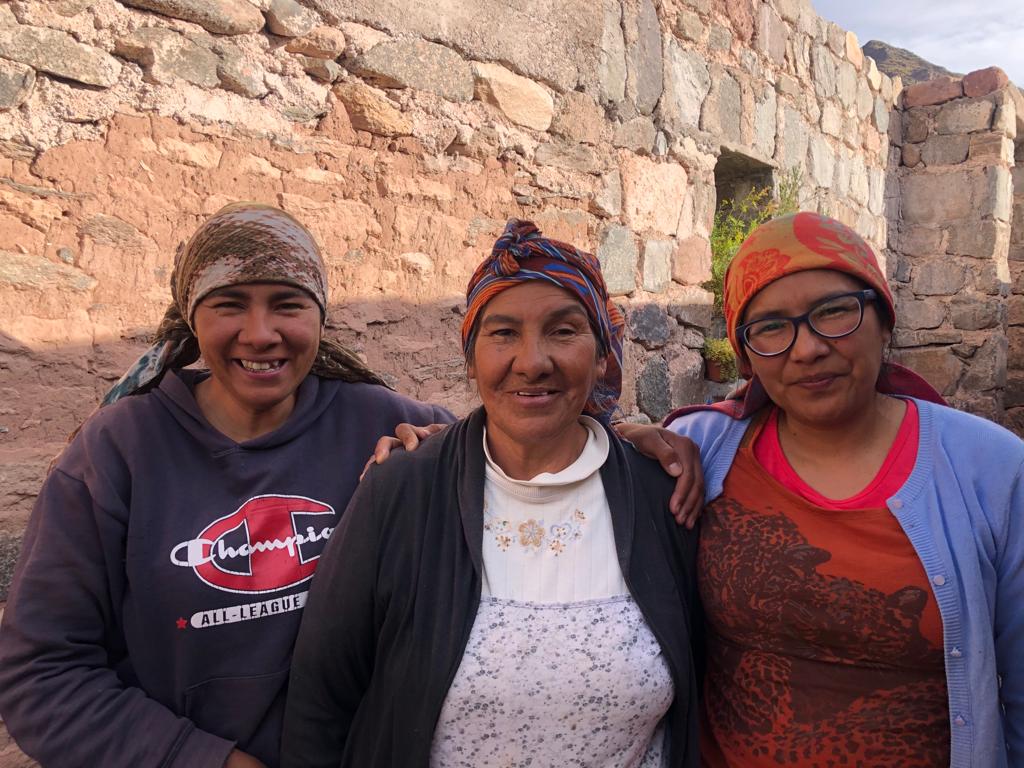
Tomasa Pereira,
Fabiola and Emilia Cruz
We are indigenous Diaguitas women from the India Los Morteritos Las Cuevas community. We are continuing along the path set out by our ancestors. We are shepherds, we sow our land. We live in harmony with our Pachamama (Mother Earth).
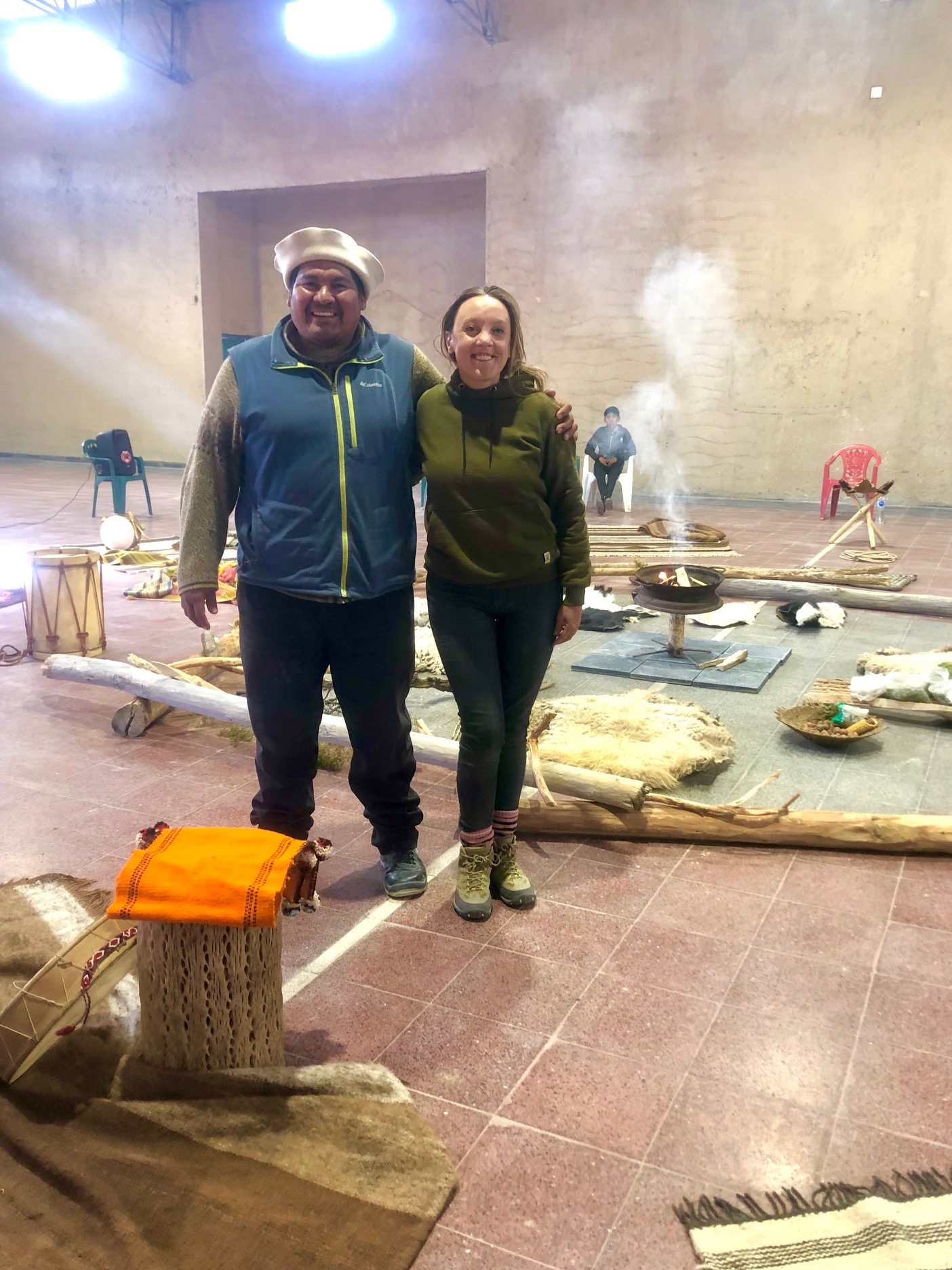
Walter Cruz
Base delegate for the Los Morteritos - Las Cuevas Indian Community. I'm a singer with a caja (ancestral drum). I'm an architect, working with local materials.
I live in Las Cuevas (The Caves) with my family.
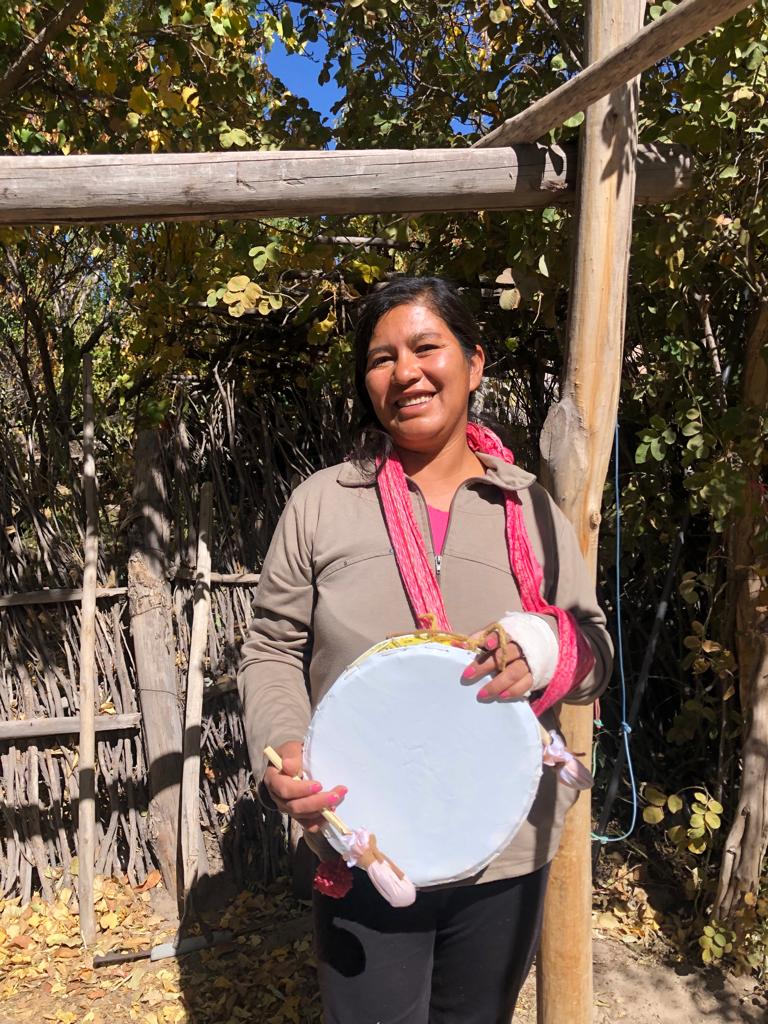
Maria Inés Villagra
I'm María from Barranca Larga, Belén, Catamarca. I'm a rustic loom weaver, having inherited the knowledge for over five generations. Weaving is my strength and the love I need to stay on my feet.
I'm the daughter of Marta Chaile, who passed on to me the art of ancestral weaving, the whole process using llama and sheep's wool, the dyes using natural dyes from everything nature has to offer.
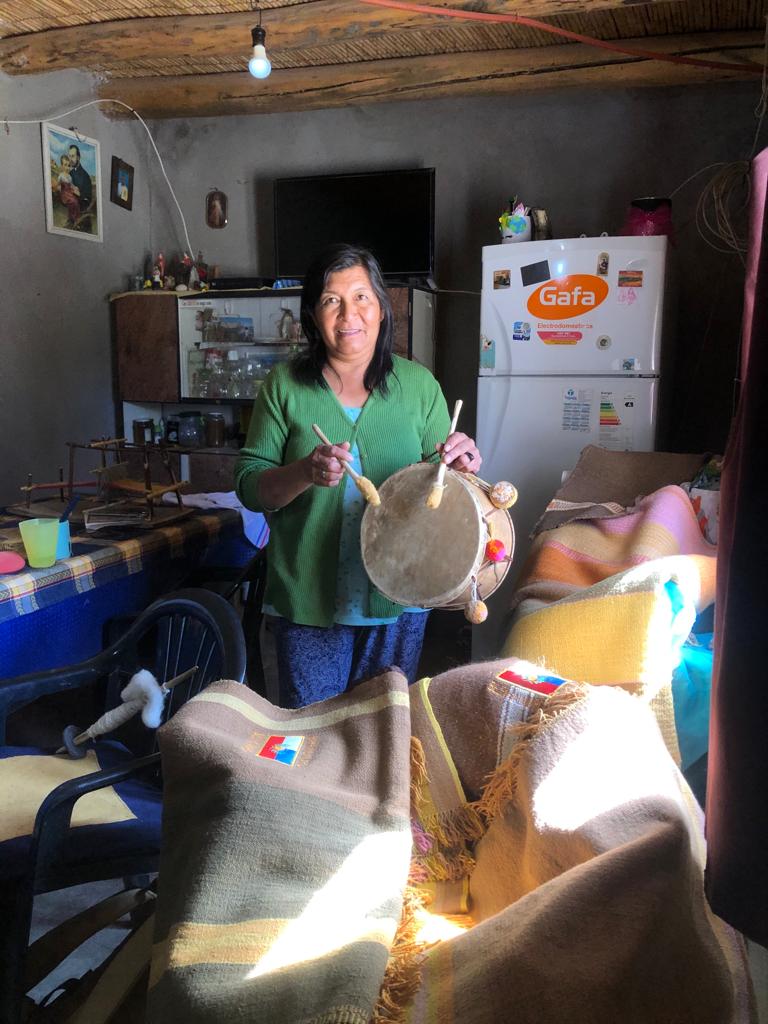
Marta Chaile
I'm descended from the Quilmes people. I come from a family of weaving artisans, the whole process using llama and sheep's wool, dyed with natural dyes. I also love farming, with plants and orchards. I dedicate myself to my parents, who were great fighters in times of scarcity and injustice. I know a lot about natural medicine, with all the different types of herbs in the region. My experience comes from my grandparents and my parents.
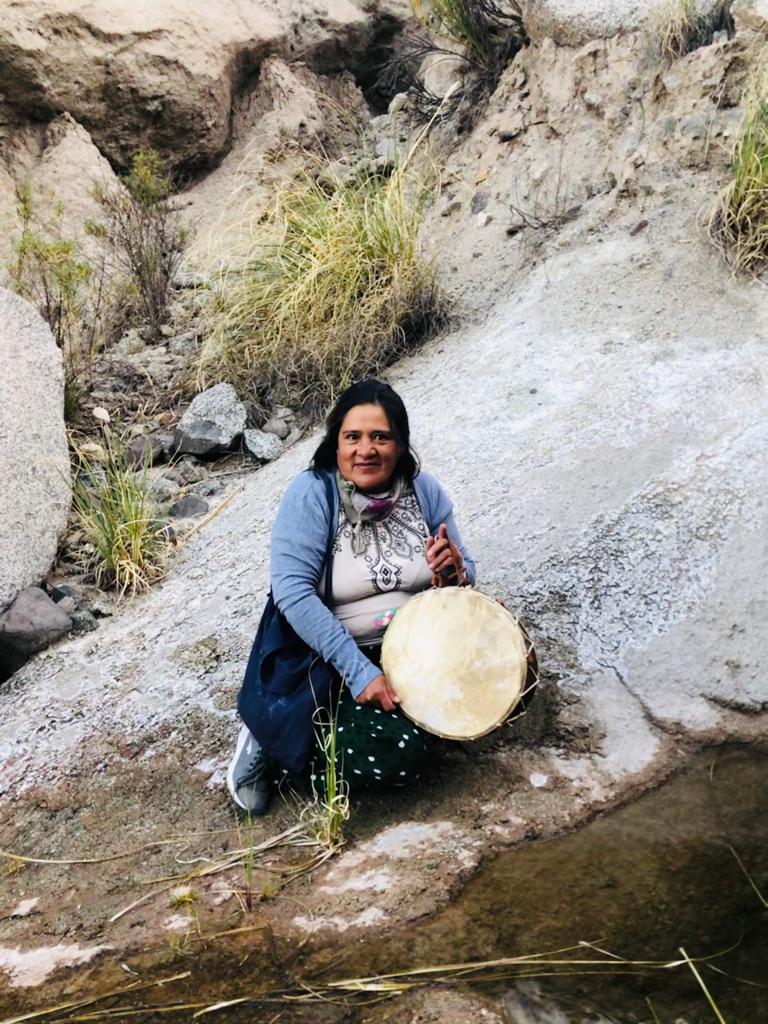
Miranda Celia Alveana
My name is Miranda Celia. I'm from Barranca Larga, in the province of Catamarca. I dedicate myself to planting, handicrafts and weaving sheep's and llama's wool. I plant quinoa, Andean potatoes, maize... I try to continue singing coplas, a heritage passed on to me by my mother when I was very young. I'm fighting to make sure it doesn't get lost.
The Diaguitas Calchaquíes
The Calchaquíes valleys are surrounded by mountain ranges and are characterised by their geographical isolation, which has enabled the Calchaquíes Diaguitas to develop a distinct culture. The Diaguitas Calchaquíes managed to repel several Spanish expeditions in the early colonial period, but were finally conquered in the 17th century. Following their subjugation, many were displaced or enslaved, leading to a significant loss of their traditional culture and way of life. Economically, like the other Diaguitas, the Calchaquíes are mainly farmers, and their ancestors had developed complex irrigation systems to grow maize, potatoes and other crops in difficult conditions. They are also renowned for their art, including pottery, weaving and ancestral songs (coplas).
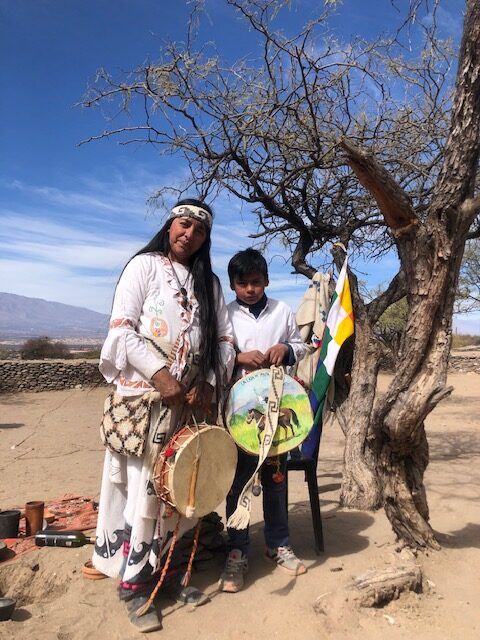
Celia Maria Andrade
I'm Celia, a spiritual guide from the Aimaicha del Valle community in the province of Tucumán. My family comes from ancestors.
We are craftsmen. My husband is a weaver. We have the raw material from our sheep to carry out the whole process.
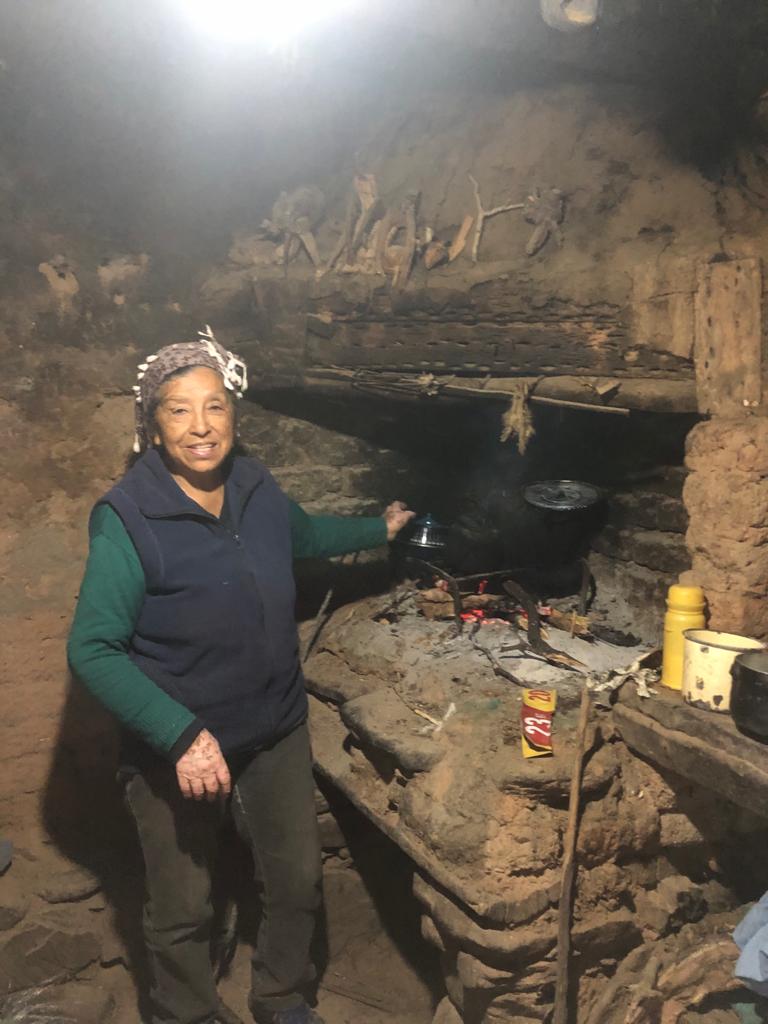
Agustina Fabian de Cata
I'm from the Diaguita community in the Calchaquí Valley. My name is Agustina and I live in a small village. I'm a housewife. I make handicrafts. I look after a few animals. I have a garden, walnuts and other fruit trees. The land is arid. It only rains in summer. We have sun almost every day of the year.
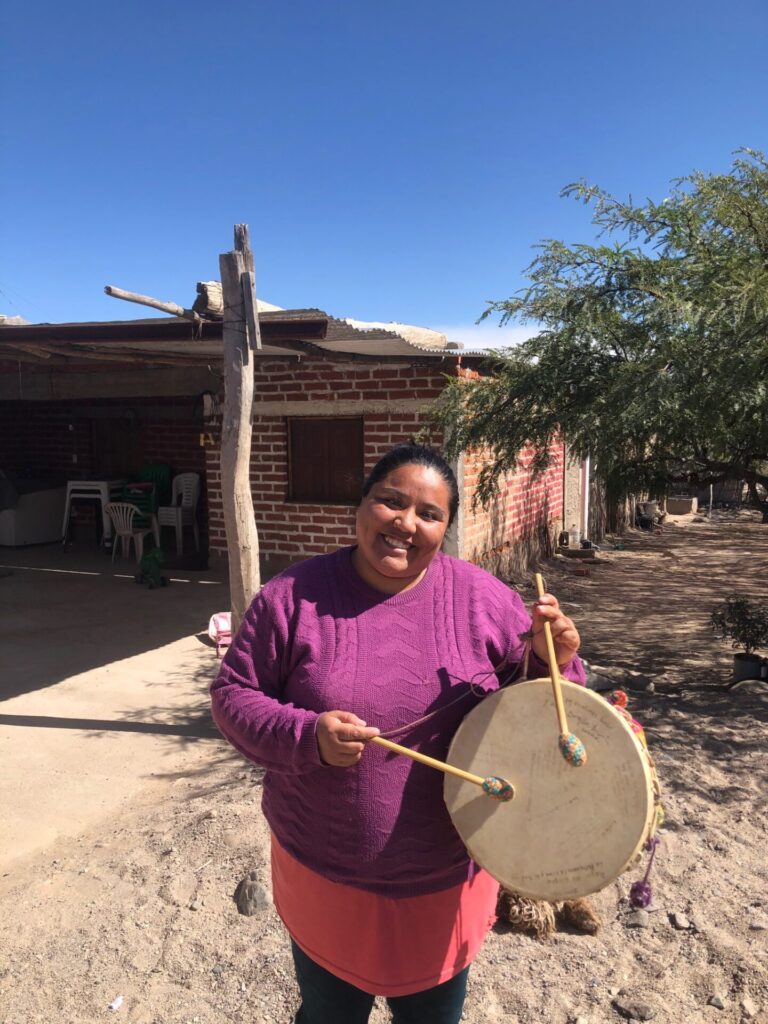
Erika Georgina Suarez
I'm Erika, from the Diaguita community of Amaïcha del Valle. I sing coplas, something I inherited from my grandparents, my ancestors. I love it and share it with everyone, with the children. I learned it from my granddaughter, from my grandmothers. I'm also a weaver.
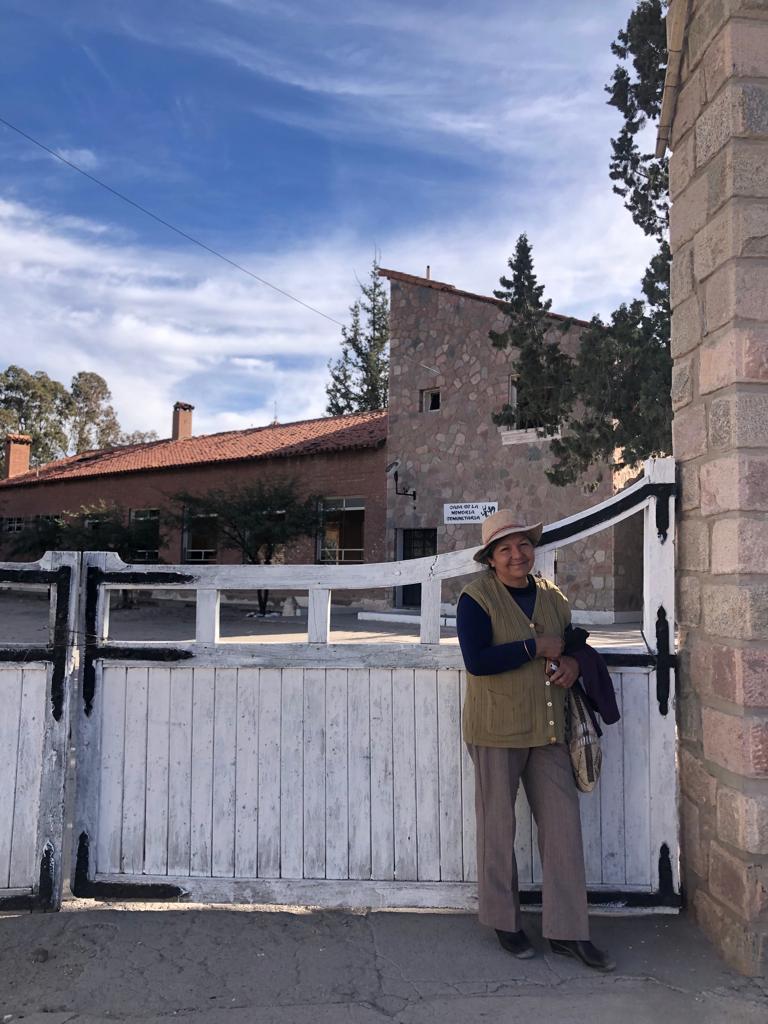
Ernestina Balderama
My name is Ernestina, and I'm a member of the Amaïcha community. I'm a social communicator, a caja singer and a textile craftswoman. I'm the mother of 9 children. I have 15 grandchildren and 1 great-granddaughter. I'm Felisa's daughter, Pachamama 2014. I defend life on this earth, nature and the social struggle for those who most need justice and equal rights.
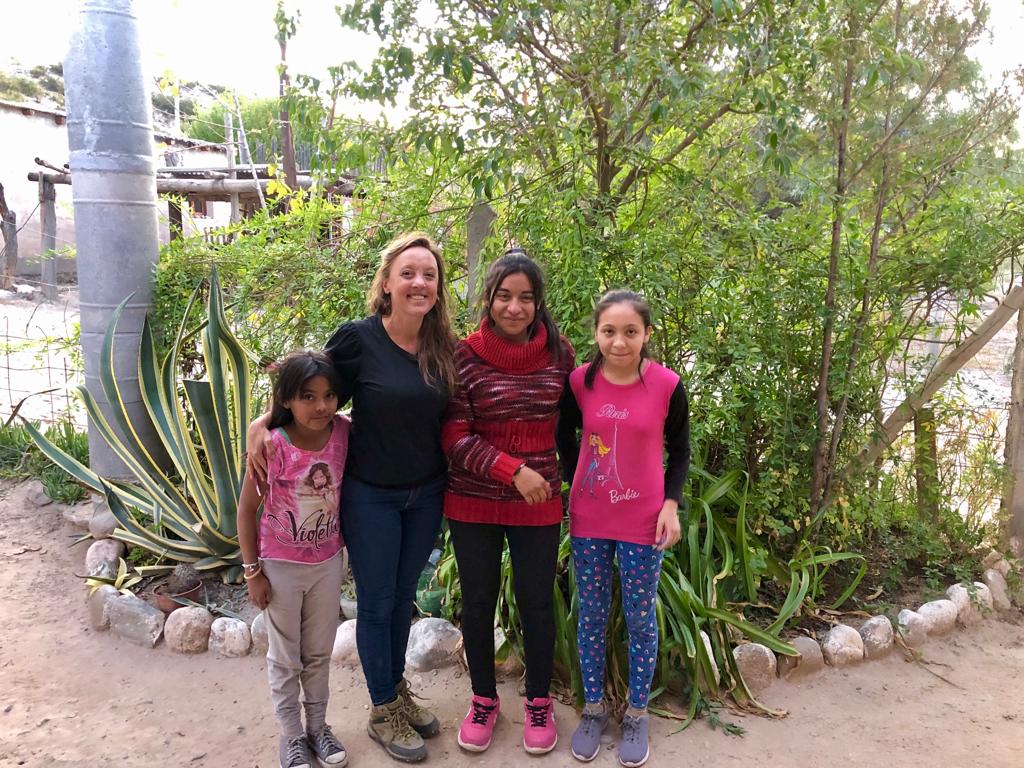
Nicole Lopez,
Lucia & Iara Tolaba
Nicole is the granddaughter of Agustina Fabian de Cata. She is learning coplas, loves nature and going horse-riding with her uncles up in the mountains.
Lucia and Iara belong to the Amaïcha del valle community. From an early age, they admired the copleras. At the age of 7, Nena Aguilar began teaching them to sing coplas.
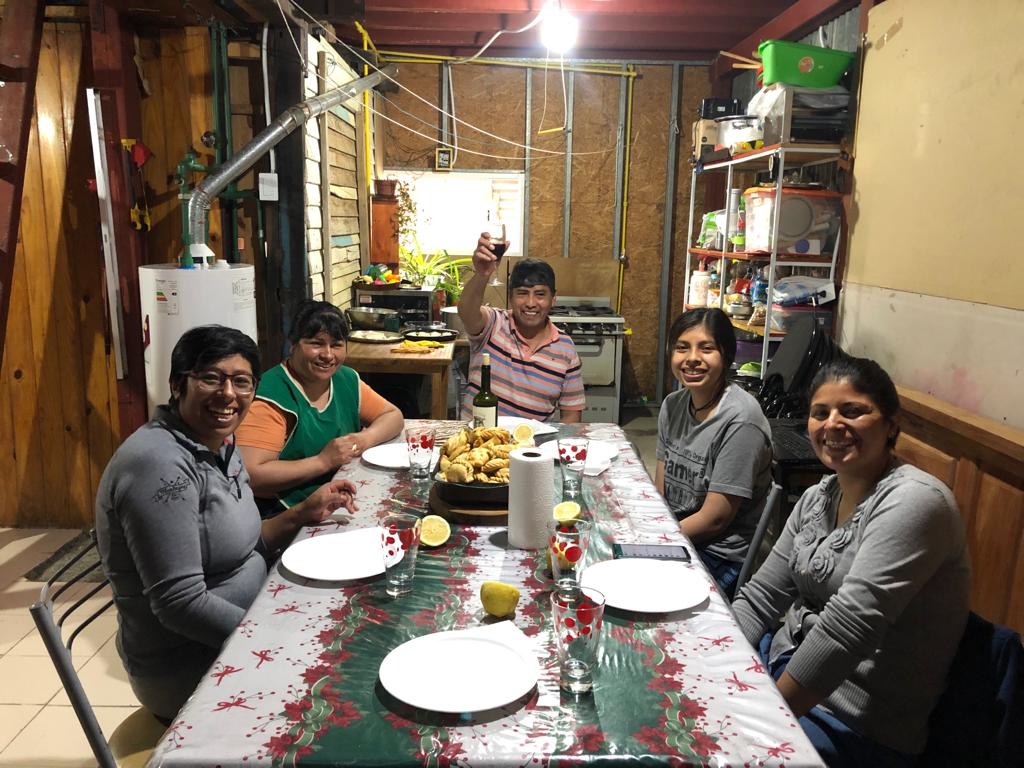
Josefa, Gloria, Silvia Navarro
My name is Josefa Navarro, descended from Diaguita Calchaquí. My sisters are Gloria and Silvia. I'm proud of where I come from, which is why I always try to give my best in everything I do. I appreciate nature in its entirety, because I fervently believe that it is the creator of our passage through this world and has a lot of potential. That's why we need to pass on our knowledge and care to younger generations.
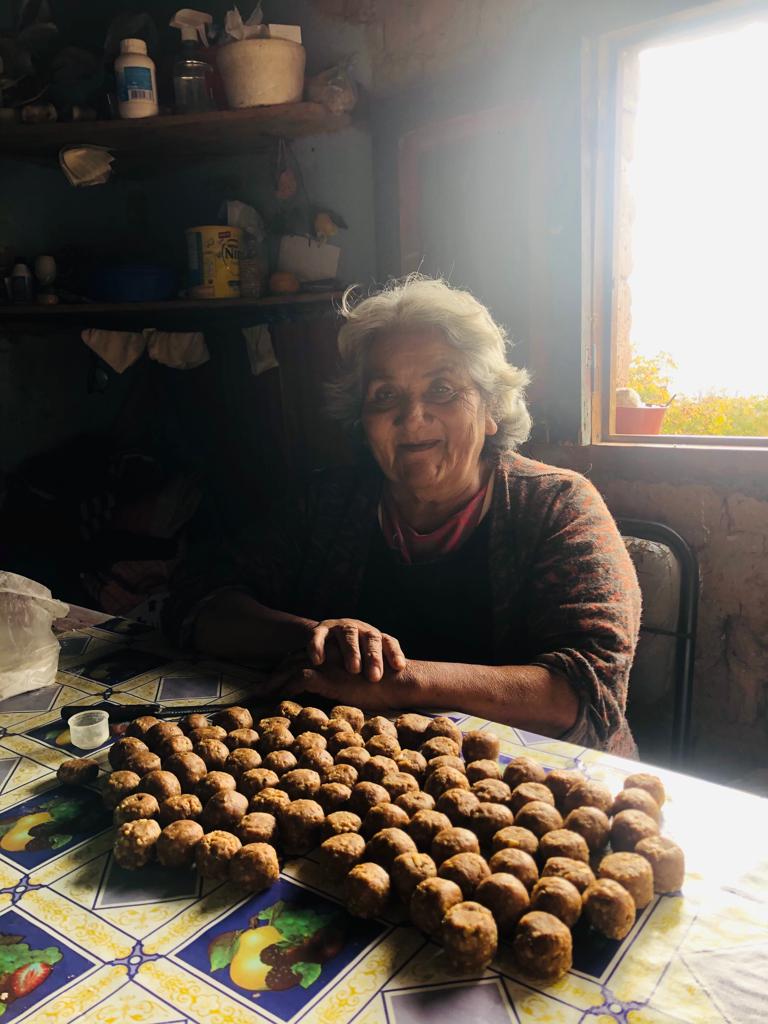
Felisa Yapura
My name is Felisa. I belong to the Amaicha del Valle indigenous community. I look after my goats, spinning the wool that is our source of life. We defend our fields for our little animals.
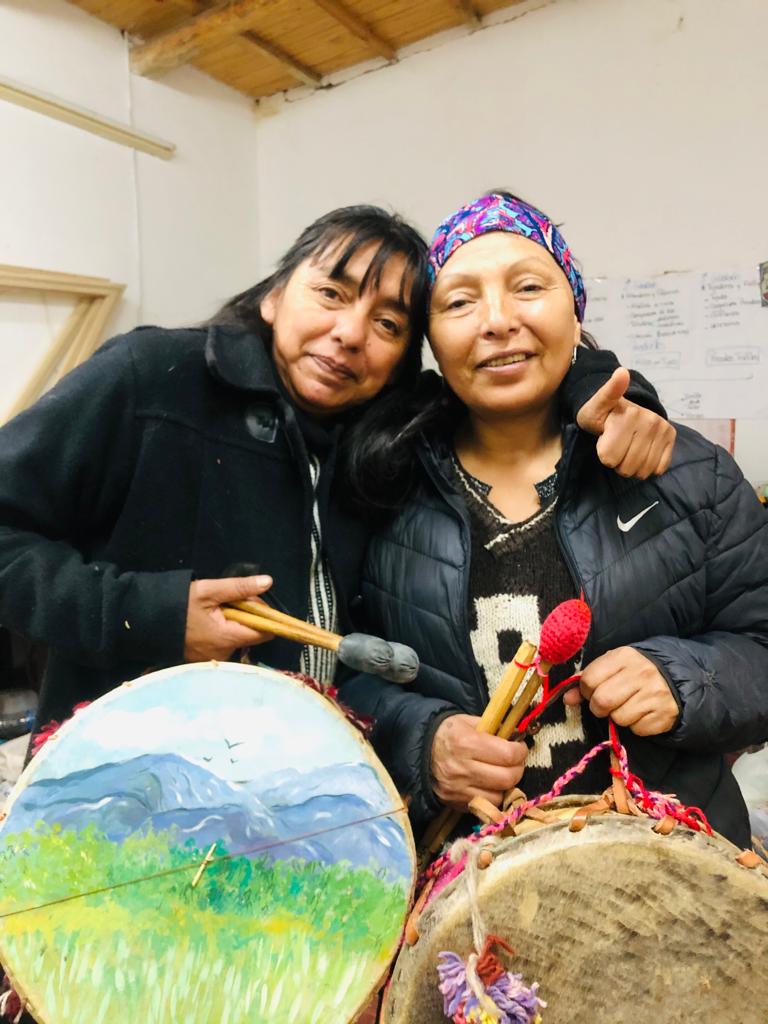
Angela Balderama
My name is Angela, from the Diaguita culture of Amaicha del Valle. I'm a criolla loom weaver. It's also my job. I dedicate myself to passing on my knowledge, I always defend my culture and I respect our nature.
